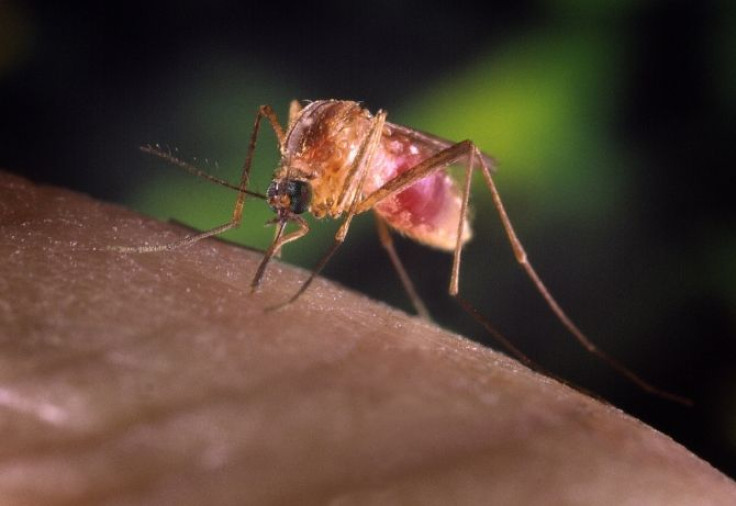Louisiana Reports 12 New Cases of West Nile Virus

Twelve new cases of West Nile Virus have been reported since last week, announced the Louisiana Health Department on Friday.
"This year has been a stark reminder that we must never get complacent about West Nile virus in our state. Unfortunately, this disease has been rampant in Louisiana for 10 years, and we expect it to remain an annual threat. Be vigilant about protecting your health by avoiding mosquito bites," said Bruce D. Greenstein, secretary of Department of Health and Hospitals.
According to Centers for Disease Control and Prevention, as of November 6, 2012, 48 states have reported West Nile virus infections in people, birds, or mosquitoes. A total of 5,054 cases of West Nile virus disease have been reported in people, including 228 deaths.
Two neurologists - Art Leis in Jackson, Miss. and Elizabeth Angus in Detroit - have said that this year has been particularly bad for West Nile Virus disease because the virus, in some cases, has started attacking the brain more aggressively now than in the past, according to The Washington Times.
"I've been struck this year that I'm seeing more patients where the brain dysfunction has been very much worse. It makes you wonder if something's different, if something's changed," Elizabeth Angus, of Detroit's Henry Ford Hospital told the Washington Times.
A majority of the cases, about 80 percent, have been reported from 12 states of Texas, California, Louisiana, Mississippi, Illinois, South Dakota, Michigan, Oklahoma, Nebraska, Colorado, Ohio, and Arizona and over a third of all cases have been reported from Texas.
West Nile Virus spreads through mosquito bites. People usually show symptoms of the disease between 3 and 14 days after being bitten. Severe symptoms are rare and include high fever, headache, neck stiffness, convulsions, muscle weakness, vision loss, numbness and paralysis. Most of the infected people, about 80 percent of the cases, show no symptoms, according to CDC.



























